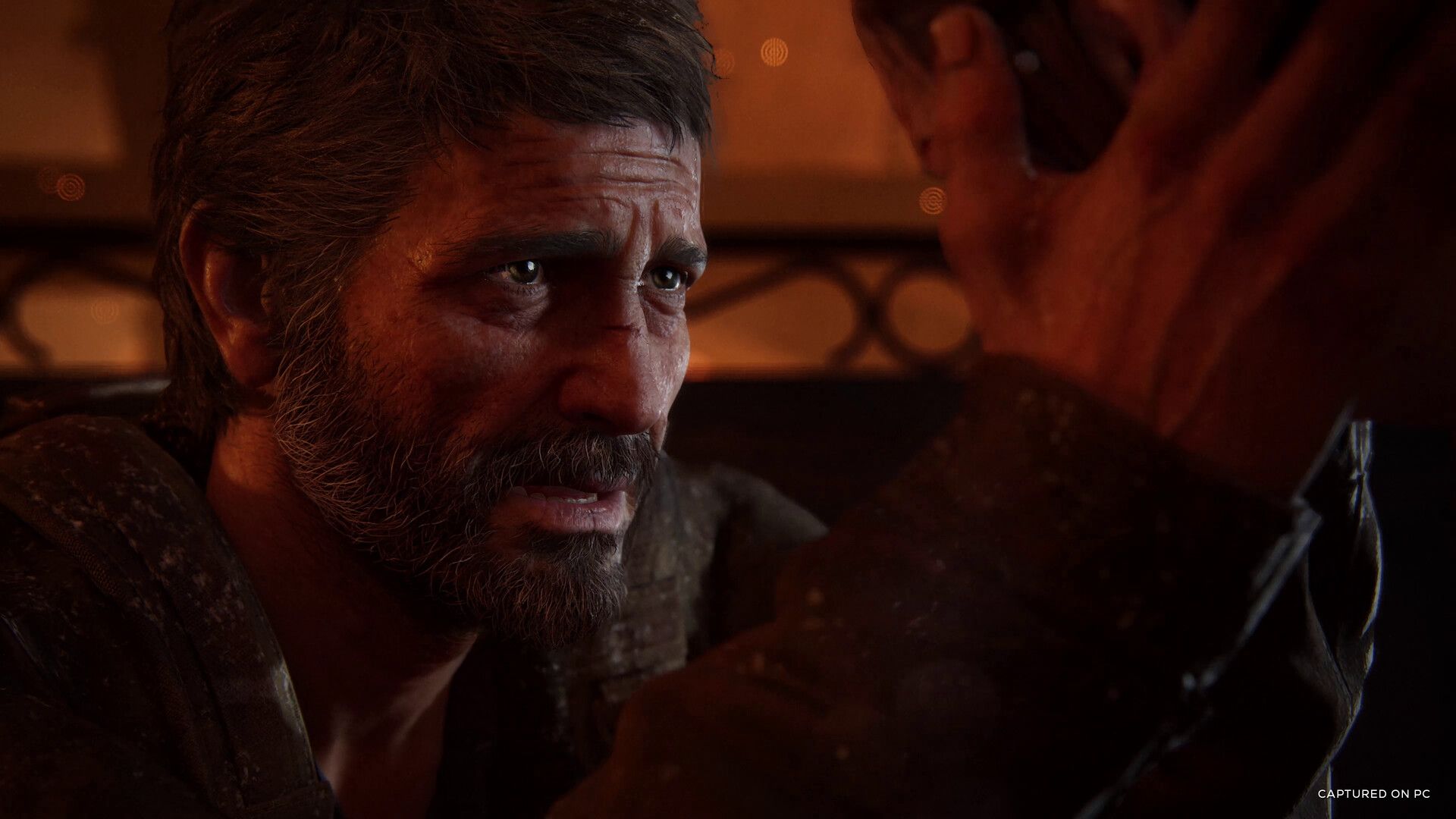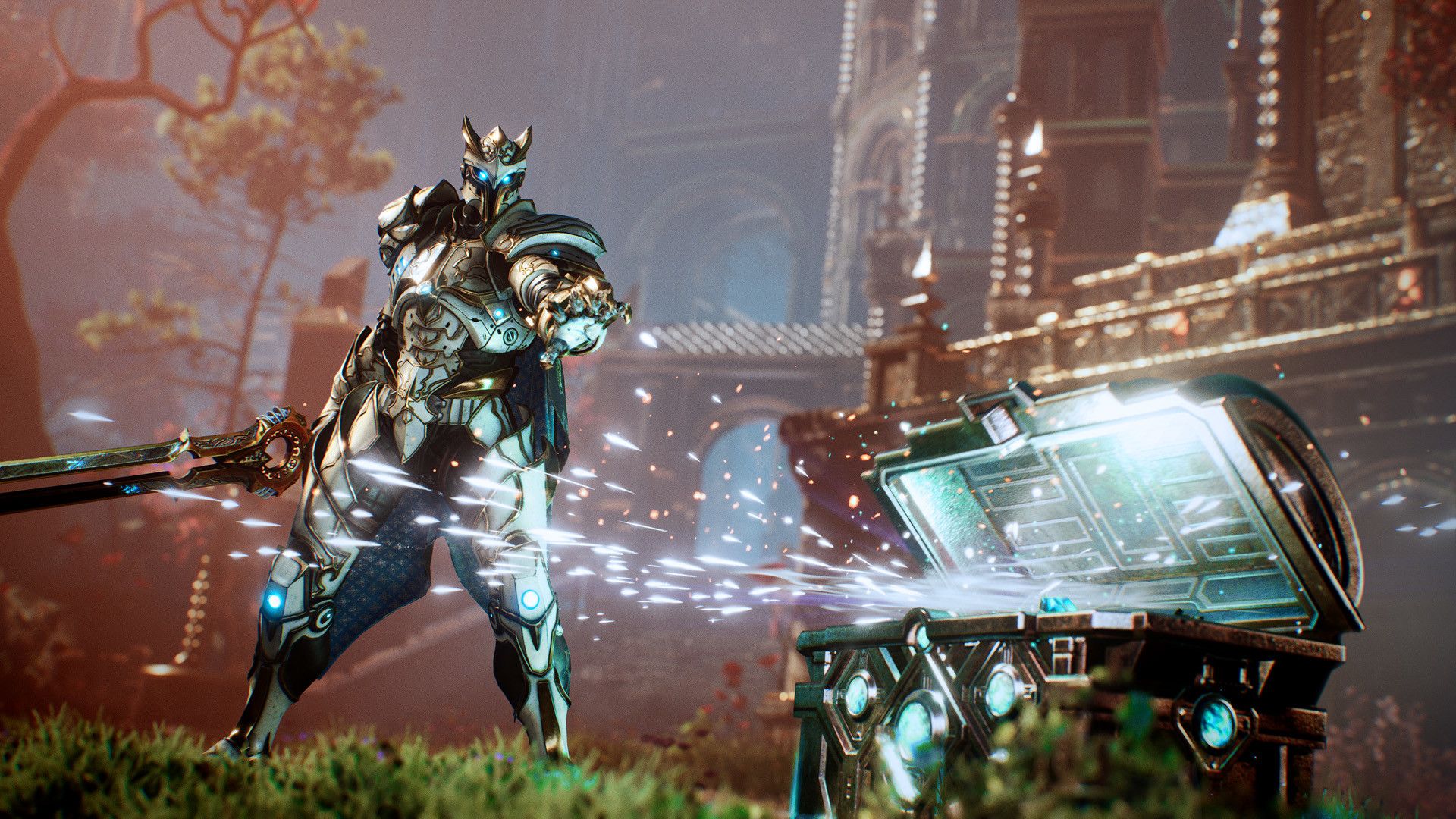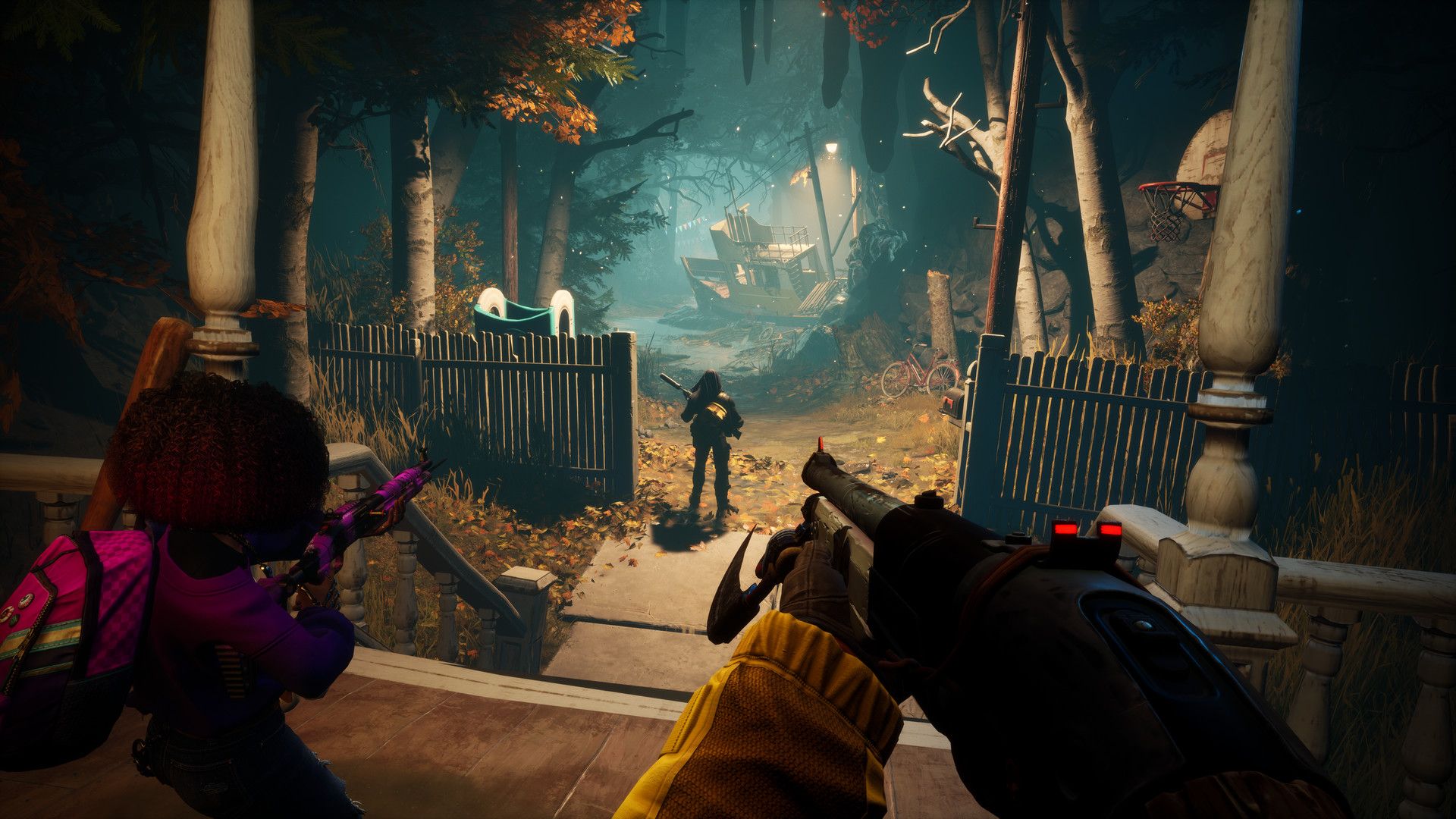
As a seasoned gamer with decades of gaming experiences under my belt, I can attest that the video game industry has undeniably soared to unprecedented heights due to technological advancements. However, it seems that these developments have inadvertently cast a shadow over the very essence of what makes games great – the gameplay itself.
The most recent advancements in software technology have consistently thrived in the realm of video game production. Simultaneously, advancements in processors and graphics have significantly contributed to propelling video games to unprecedented levels. These tendencies have played a pivotal role in the creation of powerful graphics cards and robust processors that we see today.
Despite initial expectations that new trends would enhance video gaming, it now appears that these trends have overshadowed the core aspects of games. Gameplay is often compromised in favor of adhering to these trends, which leaves players feeling disillusioned about the future of the industry. To restore the community’s faith and create better games, publishers and developers should reconsider their approach and prioritize innovation over following current video game trends.
Releasing incomplete games

From a logical standpoint, it seems that the ability to remotely fix issues in video games would advantage both players and creators by promptly addressing problems like bugs or technical glitches. Nevertheless, as technology usage has escalated, it’s become a matter of misuse rather than benefit, with some publishers exploiting remote development opportunities for their own gain.
Instead of waiting until video games are fully completed before launching them, some publishers prioritize meeting a specific release date, which often results in half-baked products rather than polished games. This persistent behavior has led to the production of subpar games and an unsavory image for the industry due to the prevalence of overwork among developers, known as “crunch culture.
Gamers worldwide have continuously criticized the practice, and publishers should listen to these concerns since the negligence also reflects the game’s success. The community’s disappointment is immense, but it’s not too late! Publishers just have to listen.
Less remasters and remakes

It’s not accurate to say that every reboot or enhanced version of a video game is unsuccessful. Many of these projects have managed to enhance the original concept of the game, leading to positive feedback from players. However, over the last few years, it appears that publishers and developers have been relying too heavily on past successes for inspiration rather than looking forward.
It’s not always necessary that every old game gets a modern update, especially if such attempts end up being disastrous! It seems like the gaming industry has been stuck in a rut when it comes to innovation. Originally, video games were a platform for creativity, but nowadays, they seem more focused on rehashing old ideas from previous eras.
One notable instance where this phenomenon is evident is “The Last of Us.” This game has undeniably left a lasting mark on video game history, and for a while, the narrative of Joel and Ellie drew widespread attention to the gaming industry. However, the frequent releases of a remastered version followed by a remake of such an old title within just a few years seems disproportionate. The fact that the PC version of the remastered game was riddled with bugs upon release only adds to this perception. Frankly, it appears overindulgent for one video game.
Excessive microtransactions

Top-notch video games often provide a satisfying feeling of advancement that’s intrinsic to their gameplay mechanics. Regrettably, with the advent of microtransactions, creators and publishers have begun offering the opportunity to purchase progress within the games themselves. It’s disappointing to see the gaming industry becoming entangled in a financial snare.
It’s perfectly fine to invest in advancement within games, but it shouldn’t be the sole means of progress and some game developers are quite open about this tactic. Unfortunately, this practice has become excessive to the point where government agencies have had to intervene to stop exploitative business strategies by certain video game companies.
Despite some firms adapting wisely, it’s regrettable that others have persisted in testing boundaries by adopting a pushy business strategy for their products. Luckily, publishers and creators can listen to the vocal feedback from dedicated fan bases, ensuring that financial gain doesn’t overshadow the integrity of their video games.
Prioritizing graphics over gameplay

Although the current craze for advanced video games is generally positive, it appears that some creators may be straying from their original purpose. While impressive visuals are certainly appealing, remember that at heart, these games are meant to be played. They should not simply serve as demonstrations of technical prowess, but rather, platforms for creative self-expression!
It’s no wonder that small indie games receive high praise these days, even with their graphical constraints. With so many AAA games offering stunning visuals that impress both casual viewers and gamers, it seems almost ordinary. However, it’s crucial to remember that while modern video games may be visually impressive, they should always serve to enhance the gameplay experience rather than just being eye-catching.
Studio closures and layoffs

It’s regrettable that the closing of studios and job losses among employees have become standard in the video game industry, often due to the fierce competition between major companies which unfortunately leaves many studio workers as collateral damage.
If this ongoing wave of shutting down promising talents isn’t halted, the industry could face severe limitations, given the increasing trend of skilled developers moving towards more secure sectors. Worse still, many speculate that under these closures lies a stack of unsuccessful video games, which may have contributed to their demise.
As a passionate gaming enthusiast, I can’t help but voice my concerns about the direction the video game industry seems to be heading. If the current trends in modern gaming continue to dominate future releases, the future of this industry may look grim. We might never witness another golden age if things get worse than they are now.
Read More
- DEEP PREDICTION. DEEP cryptocurrency
- Ludus promo codes (April 2025)
- CXT PREDICTION. CXT cryptocurrency
- Best Elder Scrolls IV: Oblivion Remastered sex mods for 2025
- Mini Heroes Magic Throne tier list
- Tap Force tier list of all characters that you can pick
- Maiden Academy tier list
- Call of Antia tier list of best heroes
- KAITO PREDICTION. KAITO cryptocurrency
- CRK Boss Rush guide – Best cookies for each stage of the event
2024-11-01 14:12